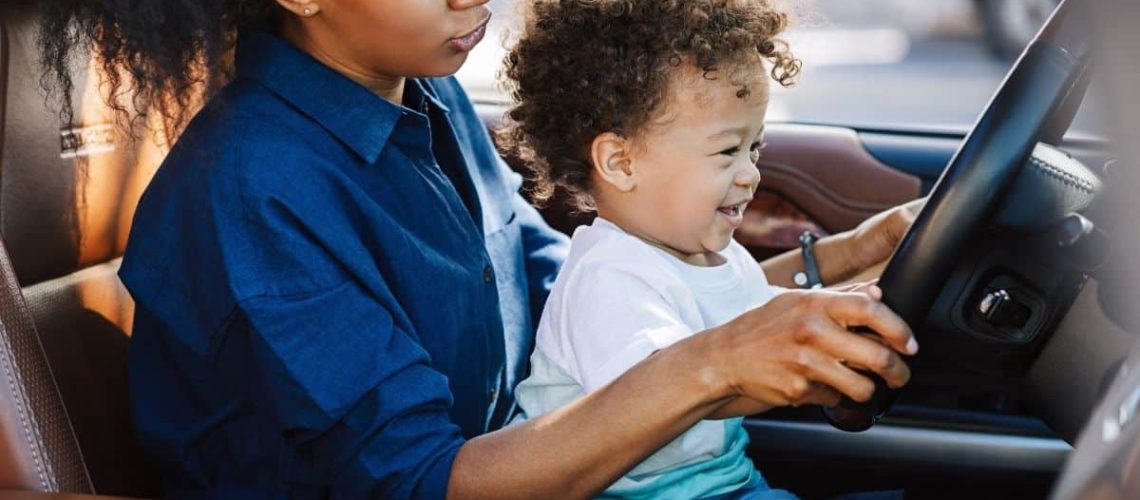“Play with me?”
That one question is asked at least 100 times a day in most houses, by kids to their parents.
Time and time again we hear that play improves connections. Greys Anatomy-creator (and former workaholic) Shonda Rhimes did a whole Ted Talk on how play impacted her life as a parent. Larry Cohen has two books devoted to playful parenting, and kindergarten teachers use play to help kids release stress and fear.
Hand in Hand promotes two tools where parents join their children in play: Special Time where we give our child our undivided attention and follow their lead, playing what ever they want to play, and Playlistening where we playfully set limits around icky behavior. Both tools deepen our connection and lead to much more cooperation.
Play works.
But play is hard.
Between washing clothes, washing dishes or working grown-up jobs not many of us have the energy to instantly drop the wet sock, pick up the truck, and vroom, vroom, vroom across the carpet.
Sometimes we want to play, but it feels like we don’t know how to.
As parents, we understand play’s importance and we want to be more playful, but we just can’t. Which is when we begin to ask, “What if I'm just not a “playful parent?”
Hand in Hand Certified Instructor Kathy Gordon says that many parents find it hard to get down on their child’s level and play at some point. Most often, this has to do with feelings about play that remain from childhood. One parent-to-parent tool called Listening Partnerships can help us to explore those old feelings and beliefs, after that, try stealing from comedy’s finest!
Here Kathy shares 25 ways to get to playful parenting.
You can also download this list, right here:
Start out exploring with your listening partner what play was like when you were small.
1. Did anyone play with you?
2. Were you intentionally left out of play?
3. Did you get in trouble when you were playful or silly?
4. Did adults you know ever play with children?
5. Do you remember a really fun time when an adult played with you?
Next, think and talk about how you feel about play now.
6. Are there elements of play that scare you? For example, if your child wants to play guns and shooting, or wants to get naked?
7. Do you worry that there are other things that “need to get done,” or that you are wasting time by playing?
8. Are you concerned that your play might somehow be rewarding bad behavior?
9. Do you worry that you don't know how to stop play without it causing crying?
10. Do you wonder if play with your kids is too loud or too boisterous, or if someone will get hurt?
Work through your feelings
11. Vent or whinge about your own early play experiences if they annoyed you.
12. Relive by retelling any good or bad playtimes from your childhood.
13. Describe the funniest games you played.
14. Ask your Listening Partner to make some of your child's play requests that drive your crazy, or that you are most reluctant about, then respond by giving your them a piece of your mind. Yell or shout out loud everything you would love to say to your child about the games he asks you to play. Get angry. Get pissed off.
15. Tell your listening partner: I won't play. Not today. Not ever. Go away. Get those feelings heard.
16. Act silly about how angry or worked up you get when you don't want to play.
17. Try laughing through your whole listening time, and see what feelings bubble up.
Does play trigger you? Make you feel guilty or lazy? Work through them in this free guide to how triggers hold you back from being the parent you want to me. Get the Triggers guide.
Practice Being Playful
18. Beg, borrow, steal and try: This post on getting kids to walk by Giggle Parenting expert Kate Orson will get you started by being playful on your terms.
19. Mine Hand in Hand's website for playful ideas about teeth-brushing, bedtime, and picky eating.
20. Read Larry Cohen‘s books.
21. Start small. Begin with two minutes of play a day, and work up.
22. Watch physical comedy for ideas (and fun). Dick Van Dyke, Lucille Ball and Laurel and Hardy are classics.
23. Find a fun class that will stretch your imagination and maybe even your body: Improv, tumbling, a circus class, belly dancing.
24. Get some friends together and have sock fights, play wrestle or pull out Twister to get the giggles going. “Wrestling with good friends is a great way to explore your physical strength in a safe place. Explore being physically playful without worrying about someone getting hurt,” Kathy says.
25. Follow the laughter. Don't put pressure on yourself to “be funny.” Your kids will adore you for giving them a piggy back ride, or pretending you can't find them hiding even when they are in plain sight. You don't have to be Jim Carey, but if you do make them laugh, that's healing for them, so do whatever you did again.
Remember when you played peekaboo or cooed silly noises at your child when she was a baby? If you allow it, play can be that easy, that natural and that fun again.
